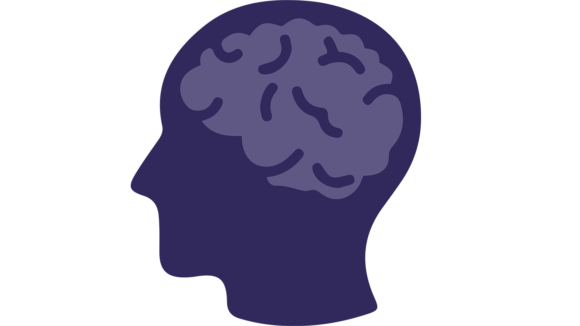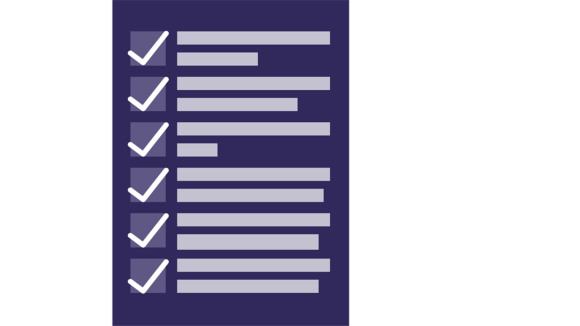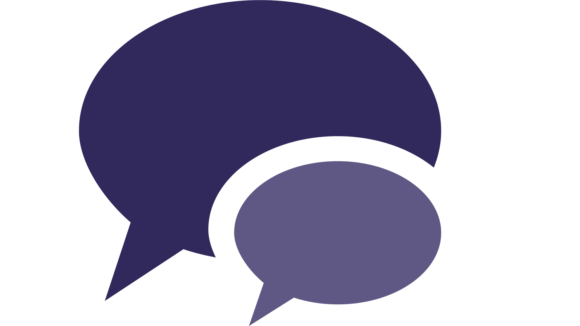Sightsavers’ workplace: our disability inclusion achievements
Over the last 15 months, Sightsavers’ journey towards disability inclusion in the workplace has continued to gather momentum, but we still have gaps to fill.
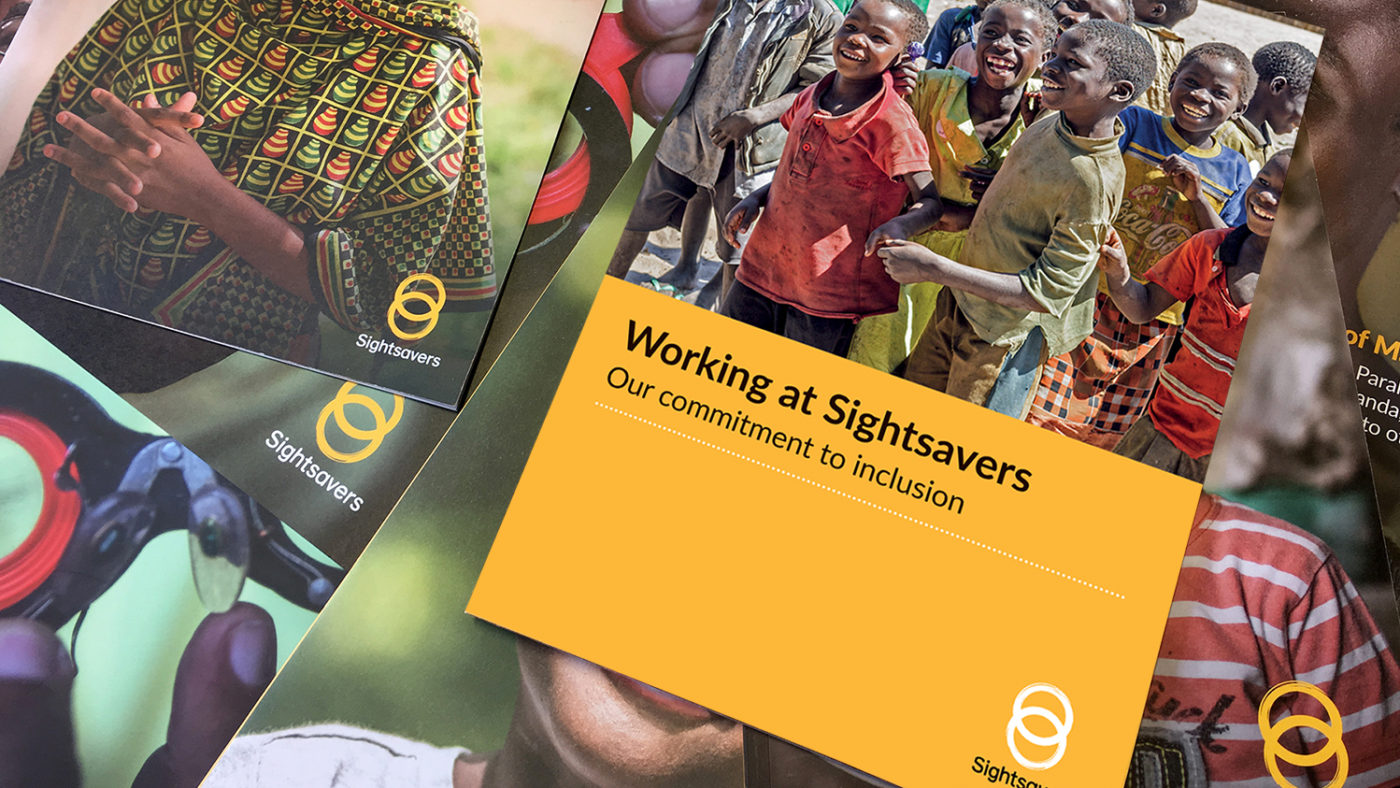
Mental health in the workplace
Our senior HR business partners team have launched a wellbeing task force with resources for all staff and developed a team of mental health first aiders to signpost staff to appropriate help when they are experiencing a mental health issue or emotional distress.
Disability Confident Leader
We have achieved our Disability Confident Leader status, as part of a scheme run by the UK government supporting employers to become more disability inclusive. We attained this by undertaking a large range of activities led by our HR team in collaboration with other teams at Sightsavers. These included advertising vacancies with a specialist board that targets candidates with disabilities, piloting alternative accessible recruitment practices and raising awareness internally through our speaker seminars. This means we are among just 300 UK organisations and only two NGOs to have achieved this rating. As a leading advocate for the disability rights around the world we aim to be an employer of choice for people with disabilities.
In addition, we have rolled out global guidelines for line managers to support staff with disabilities.
Training
Our Social Inclusion Working Group has continued to deliver disability awareness training sessions, both at our UK headquarters and in our country offices, with more than 100 staff members completing the session since the beginning of 2019.
Our first course of Level 1 British Sign Language was passed by all eight members of staff who participated in the UK. Going forward, we want to encourage more staff to learn to sign and find a way to roll out sign language lessons in our country offices.
Country office accessibility audits
In 2019 we developed some accessibility tools to identify what gaps exist in our country offices in terms of accessibility. Our security team used these tools as part of their security audits. While this may have limited use initially, it is hoped that this will help influence our practices when new offices are opened or when we move offices going forwards.
Communications accessibility
We have launched our brand guidelines and toolkit which govern how Sightsavers presents itself as an organisation and encourages staff to make sure our content is consistent and as accessible as possible. You can learn about it by visiting the Brand book.
If you’d like to know any more about our work on digital inclusion and accessibility at Sightsavers, please check out our perspectives pages.
Communications accessibility is important at Sightsavers and so our templates have been designed with accessibility in mind (for example colour blindness and screen reader users).
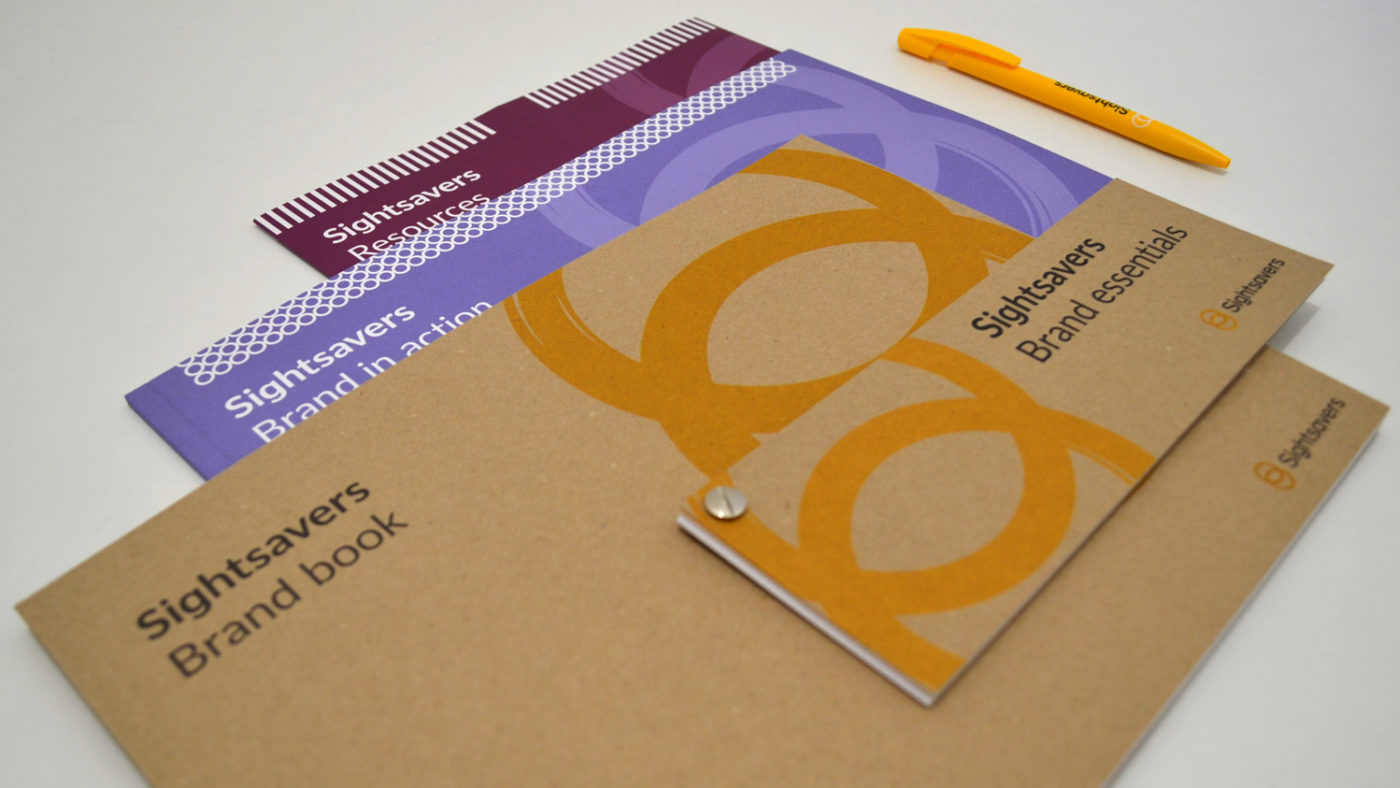
Looking ahead
We still have more to do, and so in 2020 we will once again review our progress as an organisation through the biannual staff survey, into which we have incorporated questions aimed at capturing the experiences of staff with disabilities working at Sightsavers. We will contribute to the goal of strengthening disability inclusion in country office workplaces. Our accessible interview practices that were tested previously need to be fully embedded and rolled out into processes used across all teams within the organisation. We will in due course continue our speakers programme for members of staff.
We have recently launched a Disabled Employee Network at Sightsavers and hope to use it to share resources and information that promote the wellbeing and welfare of people with disabilities working in our organisation.
Finally, our Social Inclusion Working Group will continue to support our online and design team to build capacity on accessible documents and presentations, and support processes to make internal IT systems and software accessible.
Asking some colleagues about what gaps still exist I learned that we need to continue the disability awareness training particularly to make sure it is available to all Sightsavers country office staff and to ensure that we incorporate people with chronic illnesses, dynamic disabilities and neurodivergent people into our definition of and work towards disability inclusion at Sightsavers through discussions and relevant training.
We welcome thoughts and ideas from other organisations on what we can do at Sightsavers to improve our disability inclusion in the workplace, and are happy to share more details and learnings with others who are willing to become employers of choice for people with disabilities. So if you are working in this area, please contact me with any tips, questions or feedback, and let’s work together to build more inclusive societies.
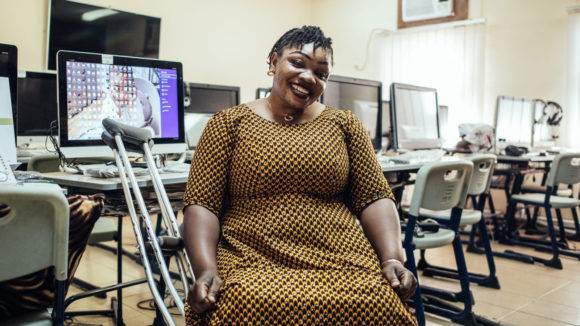
Sightsavers' commitment to inclusion
We are committed to making sure people with disabilities are included in all our internal and programme work, and fight for the rights of people with disabilities worldwide.
What we're doingAuthor
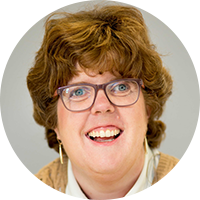 Kate Bennell is the organisational inclusion coordinator at Sightsavers UK. Severely sight impaired herself, she coordinates the Social Inclusion Working Group and champions accessibility.
Kate Bennell is the organisational inclusion coordinator at Sightsavers UK. Severely sight impaired herself, she coordinates the Social Inclusion Working Group and champions accessibility.
LinkedIn
Read about Sightsavers’ commitment to inclusion
Social Inclusion Working GroupMore from the
Social Inclusion Working Group
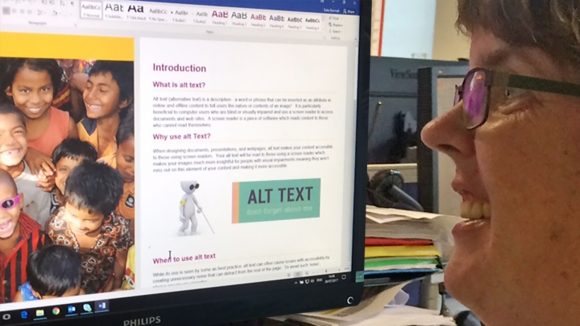
How to support people with hydrocephalus at work
Sightsavers’ Kate Bennell shares her experience of living with hydrocephalus and explains how employers can support colleagues with the condition.
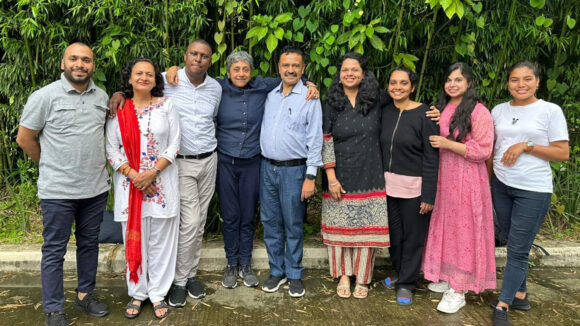
How people with psychosocial disabilities can claim their rights
Sightsavers’ Kate Bennell reflects on a recent talk led by Transforming Communities for Inclusion about psychosocial disabilities.
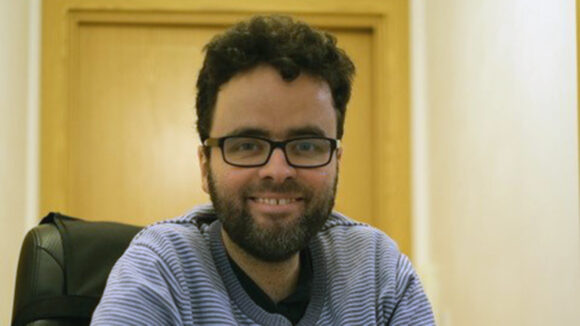
“My aim is to make the world a better place for disabled people”
Sightsavers’ Kate Bennell talks to Peter Fremlin, curator and author of the Disability Debrief, about the online newsletter which provides a disability lens on world news.
